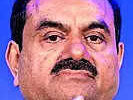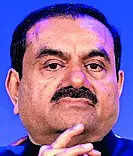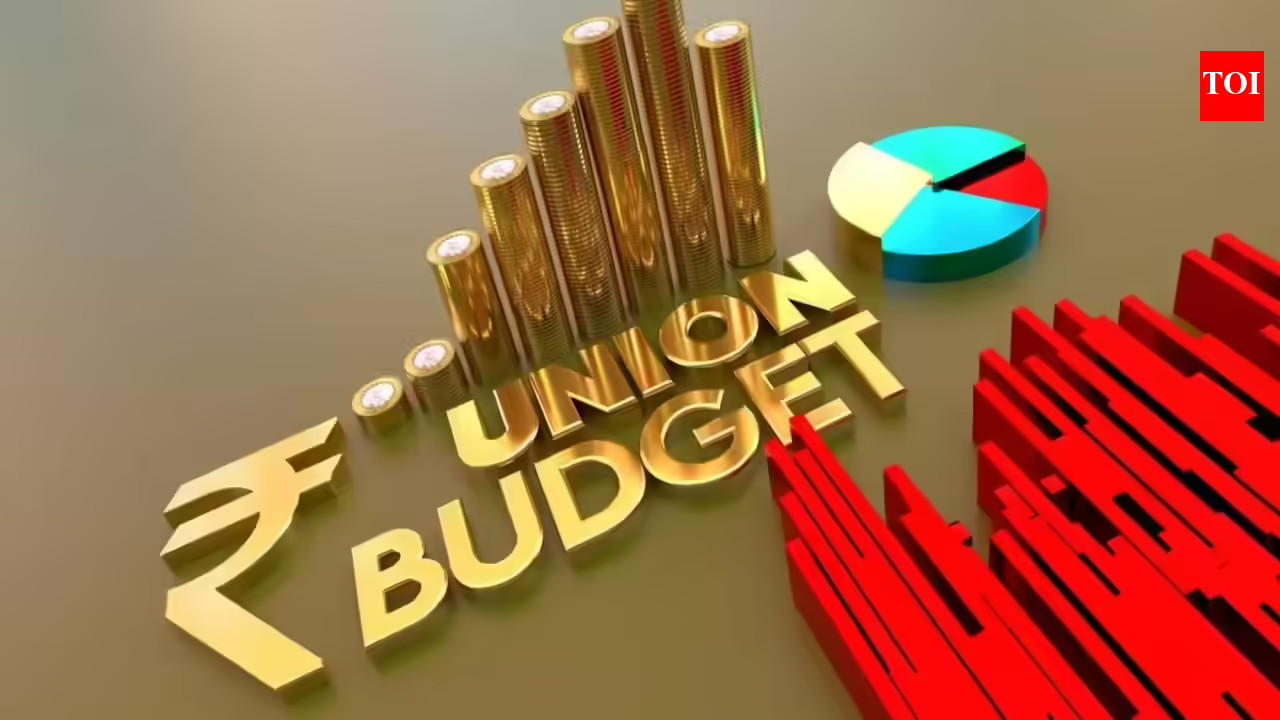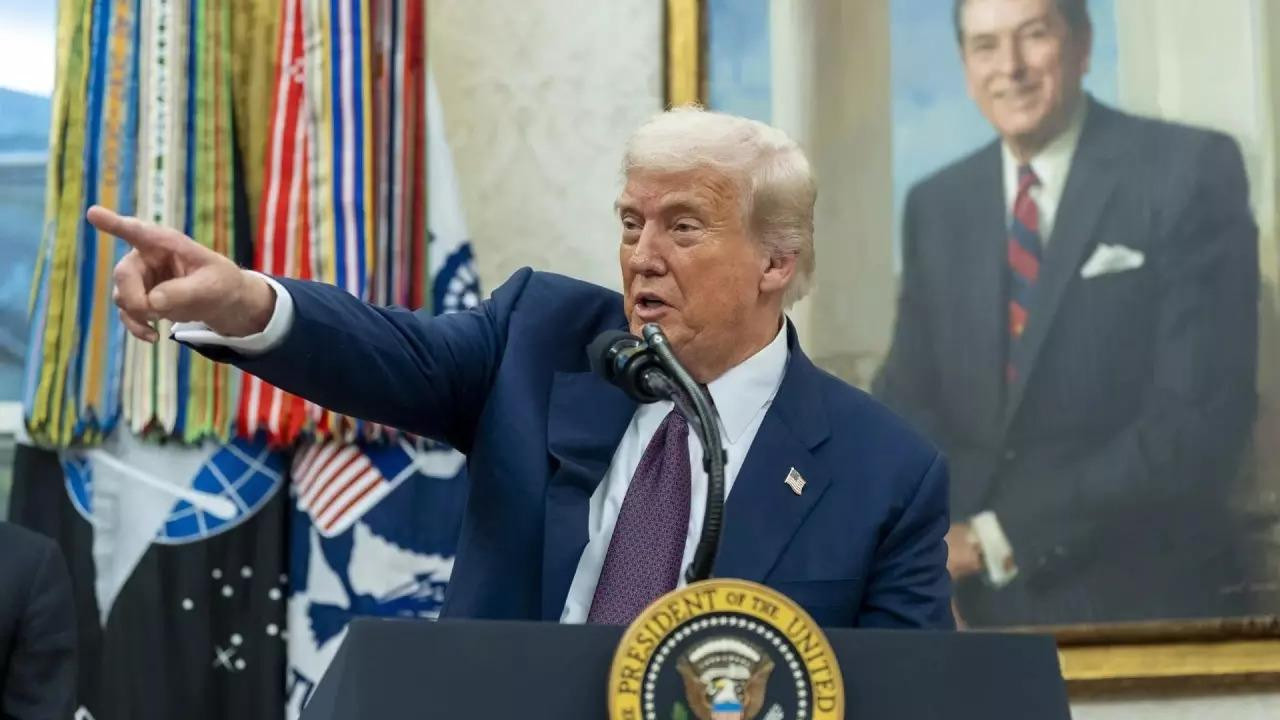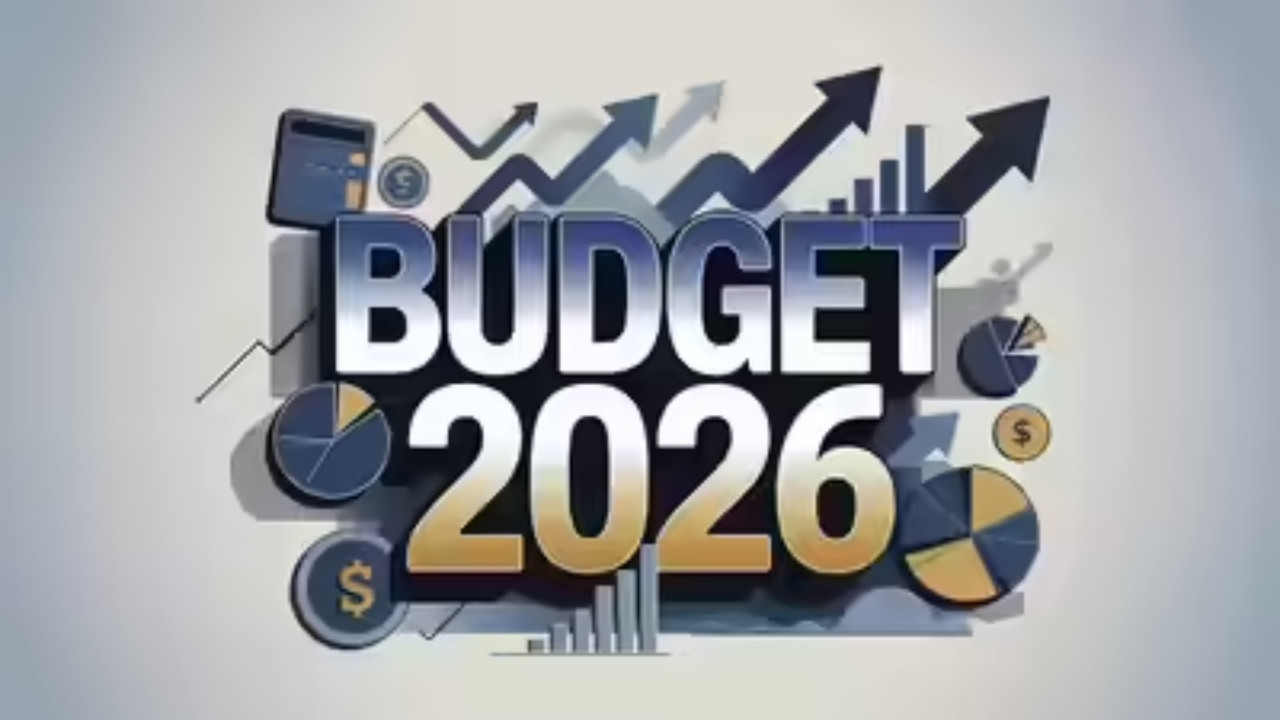India has strongly responded to US President Trump’s tariff threats, highlighting the hypocrisy of Western nations continuing trade with Russia while criticizing India’s oil imports. India defends its energy procurement as vital for national interest and points out the significantly larger trade volumes between Europe and Russia.
Calling Out the Kettle: India’s Bold Stance on Trade Hypocrisy
For years, India has navigated the complex waters of global trade, often facing criticism and scrutiny from Western nations. But recently, the gloves have seemingly come off. India isn’t just playing defense anymore; it’s calling out what it sees as hypocrisy in the trade practices of some of its biggest critics.
The simmering tensions boiled over, fueled by renewed tariff threats and pointed remarks. It felt like a dam breaking, releasing pent-up frustration over what India views as a double standard in international trade relations. What triggered this assertive shift? Several factors are at play.
Unpacking the Grievances: Why India is Speaking Up
One key element is the perceived imbalance in how trade rules are applied. India argues that while it’s consistently pressured to adhere to stringent environmental and labor standards, some Western countries enjoy a more lenient approach, particularly when it benefits their own economies. This perceived preferential treatment stings, especially when India is actively working to improve its own standards across various sectors.
Then there’s the issue of market access. India, with its vast and growing consumer base, is an attractive market for global businesses. However, Indian companies often face significant hurdles when trying to access markets in developed countries. Non-tariff barriers, such as complex regulations and stringent testing requirements, can effectively shut out Indian products, even when they meet international quality standards.
The constant barrage of criticism, often without a full understanding of the Indian context, has also taken its toll. India’s representatives have voiced concerns about unfair narratives that paint the country as protectionist or unwilling to engage in fair trade. This is despite India’s efforts to liberalize its economy and participate actively in global trade forums.

Shifting Sands: The Changing Global Order and India’s Role
This assertive stance also reflects a broader shift in the global power dynamic. India is no longer a developing nation struggling to find its footing; it’s a major economic player with significant geopolitical influence. Its growing economy and strategic location make it a crucial partner in global trade and security.
This newfound confidence allows India to challenge the status quo and demand a more equitable playing field. It’s a message that resonates with other developing nations who share similar grievances about the existing global trade architecture.
Furthermore, there’s a growing awareness within India that it needs to champion its own interests. While international cooperation is important, the country cannot afford to compromise its economic growth and development to appease external pressures. This means taking a firm stand against unfair trade practices and advocating for policies that benefit Indian businesses and consumers.
Navigating the Future: What’s Next for India and Global Trade?
The path ahead won’t be easy. Challenging established norms and vested interests is bound to generate pushback. However, India’s willingness to speak out is a crucial step towards fostering a more balanced and equitable global trading system.
The key will be to engage in constructive dialogue, backed by solid data and evidence, to address the specific concerns raised. It also necessitates a willingness from other nations to listen and acknowledge the legitimate challenges faced by India and other developing countries.
India’s assertive approach signals a turning point in its engagement with global trade. It’s a clear indication that the country is ready to take a leadership role in shaping the future of international commerce, advocating for a system that is fairer, more inclusive, and reflects the realities of a multi-polar world. This requires both strategic negotiation and unwavering commitment to its own economic progress. Exploring the nuances of global trade will be crucial for understanding India’s future role.
Ultimately, the current friction could lead to a more robust and sustainable trading system in the long run, one where the voices of all nations are heard and respected. The world is watching to see how this unfolds.

